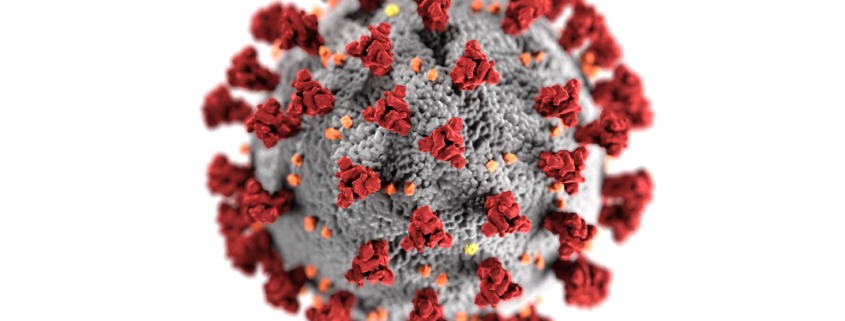Globally, the COVID-19 pandemic has led to sharp declines in cancer screening rates. Screening tests were halted as national lockdowns began as healthcare centers needed to prioritize COVID-19 patients. A retrospective cohort study revealed that during the early days of the pandemic in 2020, fewer fecal immunochemical test (FIT) screenings and colonoscopies resulted in fewer patients being diagnosed with colorectal cancer (CRC) and advanced adenomas than in 2019. In April 2020, colonoscopy volumes were significantly lower than in April 2019, with a 26.9% decrease in colonoscopy volume. Overall, there was an 8.7% reduction in CRC cases diagnosed by colonoscopy in 2020. This has fueled concerns of a potential negative impact on cancer prevention and care.
The study mentioned above analyzed the effect of the COVID-19 pandemic on CRC screening and diagnostic testing among 18-89 year-olds enrolled in the Kaiser Permanente Northern California health plan in 2019 and 2020. Researchers measured changes in the number of mailed, completed, and positive FITs; colonoscopies; and cases of colorectal neoplasia detected by colonoscopy. Findings show that when the pandemic-related stay-at-home orders were issued in March 2020, there was a dramatic decline in FIT mailings. Similarly, in South Australia, retrospective analysis on surveillance colonoscopy in patients at high risk for CRC revealed that there was a 51.1% decrease in surveillance colonoscopy procedures from April–June 2019 compared to April–June 2020, the period where the region faced the most difficulty due to COVID-19.
The reduction in CRC screenings during the pandemic suggests that patients may have been reluctant or unable to undergo screening. Furthermore, challenges with pre-pandemic CRC screening were amplified during the pandemic. For instance, stress levels in the general population increased and those who may have skipped screening due to work obligations were more likely to miss setting up a colonoscopy during the pandemic. Fear of contracting COVID-19 may have been another barrier. Another issue that was evident during the pandemic was healthcare inequities that disproportionately impacted medically-underserved communities.
Given the massive delays in traditional methods of screening, healthcare centers had to develop alternative approaches to ensure continued screening after the initial wave of COVID-19, such as the increased adoption of telehealth services. For CRC screening, the use of FIT was arguably the best alternative to colonoscopy procedures during the COVID-19 pandemic. This remote option gives patients a lot of flexibility with their screening, as they are able to take the test safely in the comfort of their own homes.
These findings may help inform the development of strategies for CRC screening and diagnostic testing during future national emergencies.
Kitty Chiu is a Colorectal Cancer Prevention Intern with the Colon Cancer Foundation.



